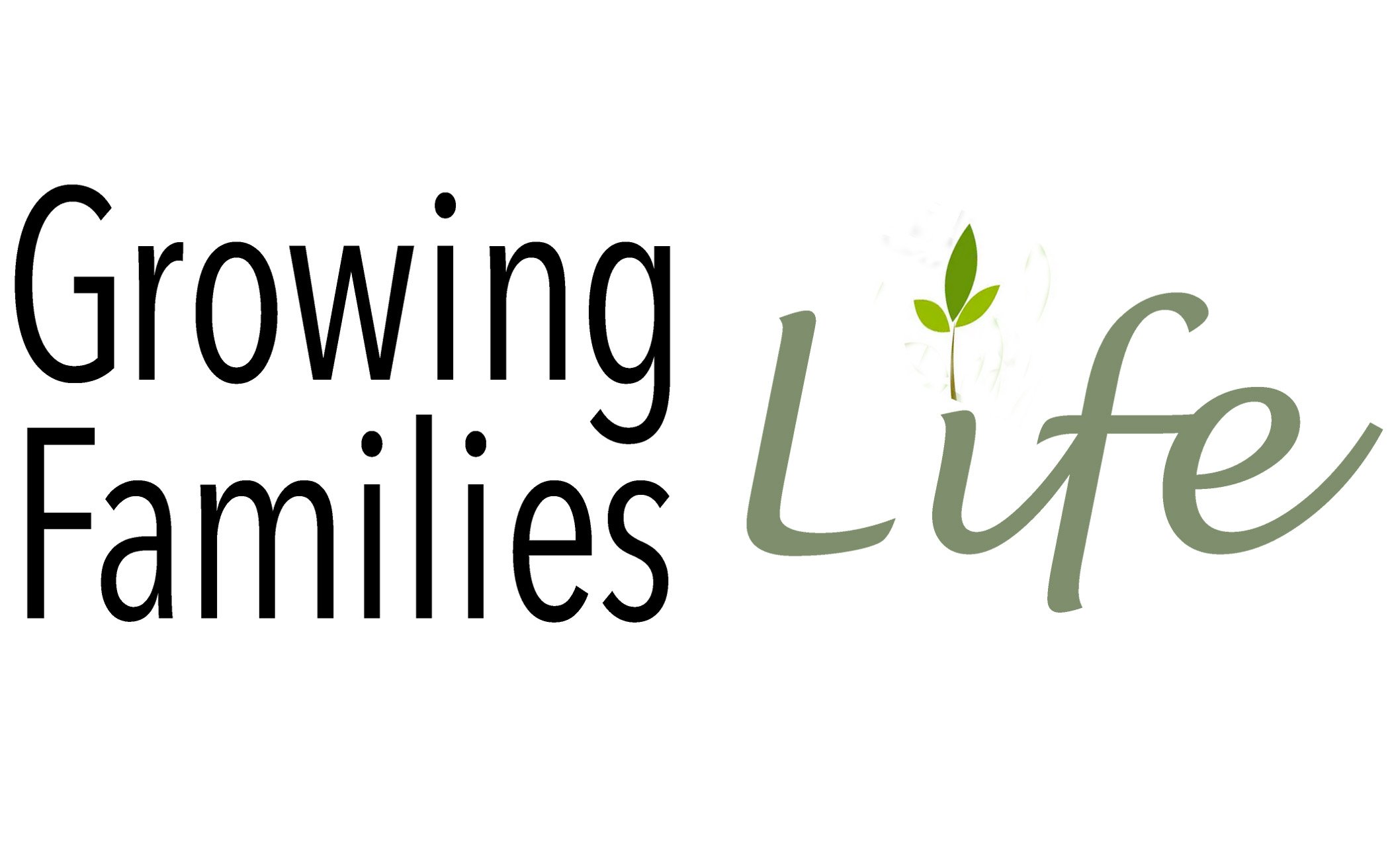Parenting from the Tree of Life - Article
Red Cup - Blue Cup / Too Many Freedoms
As parents, we are very protective of our children when it comes to health and safety issues. We would never let our four-year-old child climb a ladder leaning against the second-story window. Nor would we intentionally put our children in dangerous environments. We would not let our five-year-old child spray weed poison around the house, just because it looks like fun. If we granted such freedoms on a regular basis, our children would probably assume a false sense of confidence in their own abilities and judgments. It is that unjustified confidence that can lead to reckless behavior and tragedy. Children then become “wise in their own eyes.”
What are some of the ways children become wise in their own eyes and, thus, acquire a false sense of security? Here are the three most common ways that impact all age levels, preschoolers through teens.
Parents grant too many decision-making freedoms.
Parents grant too many physical freedoms.
Parents grant too many verbal freedoms.
We know that children can be guided into good patterns of decision-making if they learn how to make wise choices. Allowing a child to make his or her own decisions is both educational and rewarding. However, good decision-making skills do not rely on the natural inclination of the child, but instead upon careful parental guidance. Here, too, parenting philosophies help or hinder the development of wise decision-making. Neither over-controlling nor under-controlling children’s behaviors are helpful approaches for teaching choices. The first tends to deny the child sufficient opportunities to make choices. This suppresses the child’s age-appropriate sense of control and the educational opportunities to learn through wise and unwise decisions. The second philosophy overindulges the child with too many choices too early.
As it relates to decision-making freedoms, the majority of parents today are not guilty of overly suppressing a child’s daily options. Too the contrary, most homes tend to go in the opposite direction. At a typical three-year-old child’s birthday party, guests are offered multiple beverage selections before they even sit down. And then they have to choose where to sit, who to sit next to, the size of their piece of cake, and whether they want a corner or middle piece.
Please keep this in perspective. We are not saying you should hold back all choices from your children. We are suggesting that you guard against prematurely granting freedoms to decide on issues that your child is not developmentally, intellectually, or emotionally ready to handle. The real problem is not in giving children choices, but doing so prematurely and to the point of overindulgence. Is this true in your family? This can be easily measured with a simple question or two. Can your child handle not being given a choice of what to eat at breakfast? Will she have an emotional meltdown if she cannot pick her own play clothes for the day? This is an early sign that your child is “addicted to choice.”
Parents can know if their child has a choice addiction by simply observing what happens when all choices are taken away. For example, if at breakfast Mom offers milk in a clear glass, cereal in a plain bowl, and a piece of buttered toast on a plate, would your child accept this without complaint? Try it tomorrow morning. If he comes to the table and accepts your meal decision without complaining or protesting, then your child is probably able to handle a degree of freedom in making decisions in this area. If, on the other hand, your child protests your breakfast selection, grumbles, complains, cries, or refuses to eat, you may have a problem. There is a strong possibility that you have a child who is addicted to choice.
Here are other signs that your child has a choice addictions. Does your child fall apart when you deny him an impulsive desire? Does he debate you all the time? Must he have the last word? Does he always have a better idea? When you give specific instructions, does your child struggle to submit, or give you less than you asked? Consider the possibility that he is addicted to deciding for himself—he is addicted to choice.
To read more purchase Parenting From the Tree of Life
Watch Vid-Snips:
